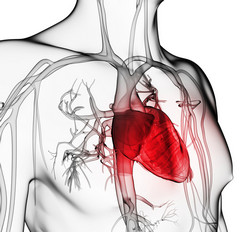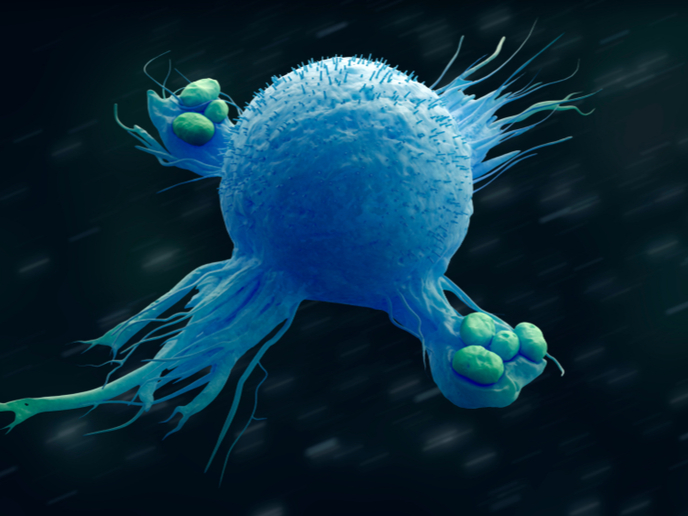Visualising heart repair
During cardiac infarction or heart attack, the myocardium gets deprived of oxygen and undergoes extensive cell death. Clinical trials testing regenerative approaches to restore tissue histology and function report moderate and variable success. Often, only a small fraction of transplanted cells engraft in the injured myocardium, thereby limiting the therapeutic efficacy of the approach. There is an immediate need to understand the therapeutic mechanisms that take place upon cell transplantation and tissue regeneration. The EU-funded STEM CELL IMAGING (Molecular imaging of the myocardium to facilitate cardiac stem cell therapy) project aimed to develop a molecular imaging platform that could non-invasively monitor the mechanisms involved in myocardial repair. The goal was to evaluate the impact of tissue perfusion and metabolism in the area of myocardial damage, and study how neuro-humoral activation affected regeneration. Research teams used PET-CT and SPECT-CT scanners adapted for small animals and established imaging protocols for molecular imaging in rodents. They tested specific protocols for animal anaesthesia that suppressed physiological glucose utilisation by the myocardium to target glucose uptake in inflammatory cells. Data was compared with that obtained from clinical radionuclide imaging facilities. Monitoring of cell trafficking and interaction with the immediate myocardium microenvironment generated important insight. Scientists performed a complex imaging assay and observed that cells from the bone marrow contributed to myocardial inflammation and subsequent tissue regeneration. This novel host myocardium and systemic haematopoietic organ interaction should be considered in regenerative approaches to minimise inflammation. The glucose analogue F-18 deoxyglucose (FDG), specific for imaging of myocardial inflammation, alongside the tracer for the immune cell receptor CXCR4 could find applications in monitoring of inflammation after myocardial infarction. The delivered imaging techniques will assist in therapeutic decision making in clinical trials.







